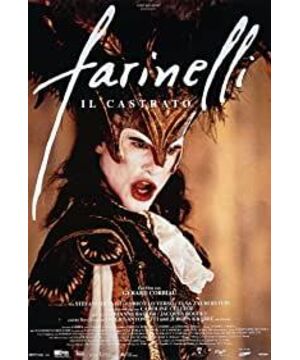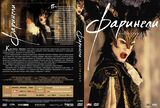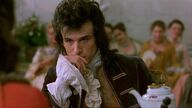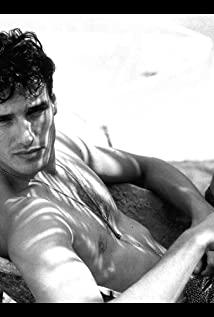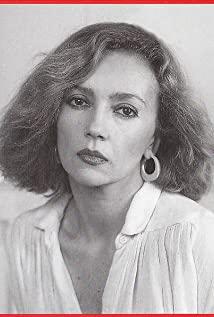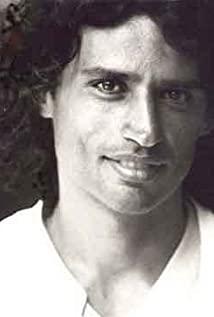When I watched it for the first time, I had a feeling—the arias in it were really beautiful, and I was a little overwhelmed when I heard it, and I didn’t have time to study the plot of the movie. The combing of the plot is completed when the film is played repeatedly in order to relive the arias in it. When the plot of the story is clear in the mind bit by bit, the inner emotions of the characters in the play are also infiltrated bit by bit. After a thorough understanding of the story, watching this film again will have a different feeling than before.
The charm of music movies may be here, supplemented by the plot, the music also feels more appealing and moving. What you can taste at this time is not only the tune of the music, but also the complex emotions that the film plot wants to express. Natural overflow.
The songs in the film, no matter what genre, are beautiful to me. Among the rhythmic arias I liked the most was the fragment of the journey when Farinelli and his brother fell ill in a carriage to another city on a snowy winter day. The transition between his falsetto tenor and real baritone is amazing! I believe that everyone who has seen it will have a deep impression on it. And the slow rhythm of the aria is needless to say. I think the most impressive one is Lascia ch'io pianga composed by Hendo (the one in which Hendo fell into a coma) that Farinelli sang in the theater. His voice is so pure and perfect that I can't help but think about his real voice, so that only computer-synthesized voices can fully interpret his own songs.
The film vividly shows us Farinelli's gorgeous and flawless singing voice, amazing skills and wonderful music, and also focuses on portraying the deep and contradictory emotions of the characters.
Fear, fear of the world, fear of tragic childhood experiences and fear of losing his perfect voice (this is the only thing he gets by selling himself, including his own dignity, the more you give, the more you are afraid of losing it) ).
Love, contradictory love, he loves his brother. Since his father died, his brother has been his only one; and now he is created by his brother. While leaving a beautiful voice, it is also doomed to Farinelli's tragedy. lifetime. I have to say that his brother was selfish, so it was understandable that Farinelli hated his brother and even turned a blind eye to him afterwards.
Desire, incomparable desire for music art, Farinelli, who is better than his brother in musical attainments, wronged himself out of love for his brother, but still succumbed to his strong desire for superior music and gave up his brother In order to blindly cater to his voice, he made music that focused on form but lacked connotation, and sang the songs of the enemy side Hengdao instead. This action of his hurt his brother's heart, it can be said to be his revenge on his brother; for love and desire for a normal life, he loves Alexandra and wants to give her a normal life, but this is his out of reach.
All the above feelings are intertwined, and the character of Farinelli is more realistically displayed. Behind his miraculously stunning voice and all the brilliance, and all these endless struggles, and painful struggles, I can't help but wonder, is it really worth it? Give up everything else for one thing.
Still the same sentence, this thing should only exist in the sky, why should it be forced in the world~
View more about Farinelli reviews


